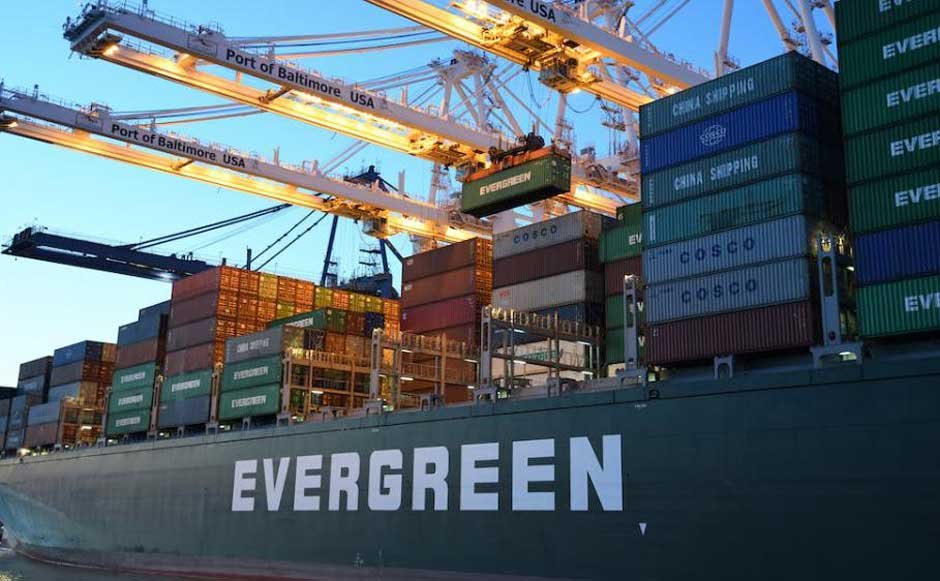The worldwide courier service company offers insurance coverage for its customers to give them peace of mind when shipping goods. This coverage is designed to protect customers in the event of any loss or damage to their goods while in transit. The coverage is provided in accordance with the carrier’s terms and conditions and is subject to the customer’s acceptance of the company’s liability limits.
The insurance coverage can be tailored to the customer’s individual needs and may include additional protection against theft, natural disasters, and other risks. It is important to note that in order to qualify for this insurance coverage, the customer must ensure that the goods have been properly packaged and are in compliance with the carrier’s terms and conditions.
The international courier service company has experienced exponential growth in the past decade, with businesses of all sizes increasingly relying on courier services to deliver goods to customers quickly and efficiently. With this surge in demand, courier service companies must provide reliable, cost-effective services that protect their customers’ items and ensure timely delivery. One important factor to consider when choosing a courier service is the type and quality of insurance coverage offered.
In this blog post, we will explore what types of insurance coverage worldwide courier service companies provide, how it protects customers’ items, and how to evaluate the coverage offered by different companies. By understanding what types of insurance coverage are available, customers can make an informed decision on the best courier service for their needs.

Who Is Responsible For Shipping Insurance?
Shipping insurance is typically the responsibility of the sender or shipper. Generally, the sender or shipper is responsible for purchasing insurance to cover the cost of the goods in the event that something happens during the shipment process, such as the package being lost or damaged. The cost of insurance is generally based on the value of the goods being shipped, as well as the method of shipment (air, land, or sea).
It is important to be aware of the insurance policies offered by the carrier and consider them before shipping a package in order to ensure that the goods remain protected throughout the shipment process. Additionally, the receiver of the goods may also purchase insurance to protect their investment in the goods they are receiving.
How Does Shipping Insurance Work?
Shipping insurance is an important aspect of the shipping process, providing a layer of protection for goods being shipped. It helps to protect against loss or damage to goods during transit and can be a vital part of businesses shipping goods of value. Shipping insurance can vary in coverage, and some carriers may require it.
Shipping insurance generally works by providing reimbursement for the cost of goods in the event of loss or damage. When taking out shipping insurance, the insured may need to provide an estimated value of the goods being shipped. This value will then be used to calculate the premium for the insurance policy. Depending on the carrier and the value of the goods, the premium may be a fixed fee or a percentage of the goods’ value.






